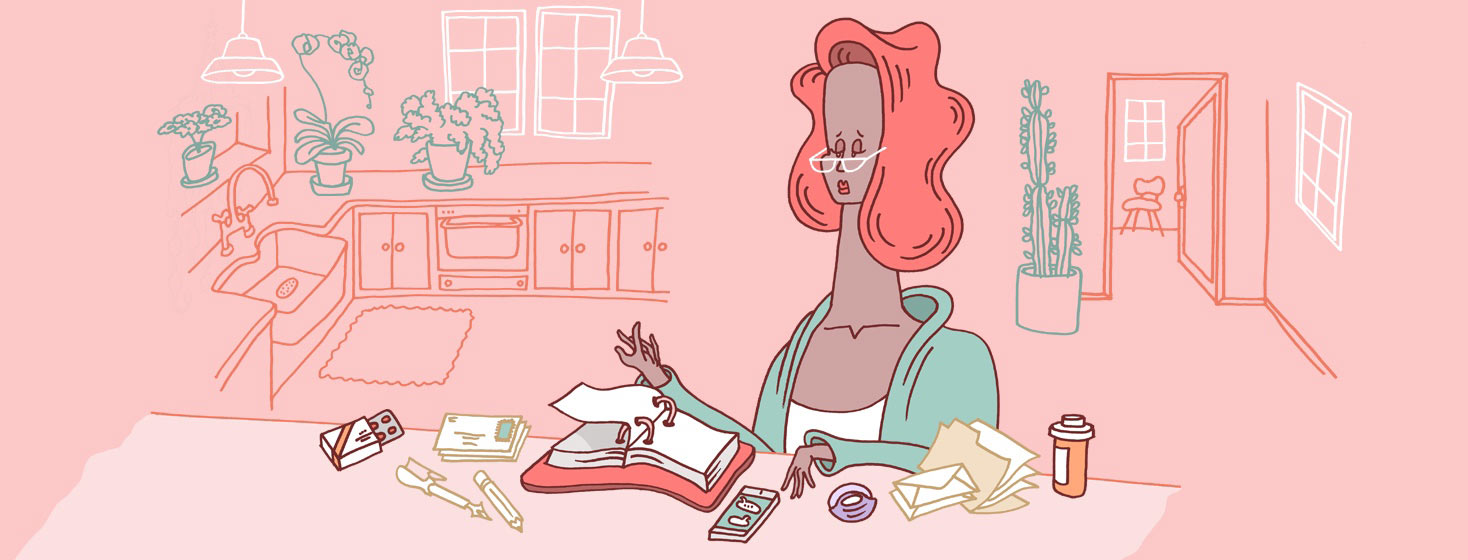My Medical Binder
It is fairly common in any family that one person handles the finances. This typically includes budgeting, banking, and paying the monthly bills. In my family, that task falls to me. My husband has a vague idea of what the bills are but pays little attention to the details. The lights come on when he flips the switch and the television has a picture when he presses the 'on' button on the remote.
Time to change this
It occurred to me after a lengthy hospital stay that I was the only one that knew how to pay our bills. Like so many people, most of them are delivered to me electronically and paid the same way. Banking is done online and almost all our income is direct deposited. User names and passwords used to be kept in my head, but for security reasons, they are getting more complicated. I now keep them written down, but only I know where they are. It is time to change this.
My information
I purchased two spiral binders. One is for my husband’s information and one is for my brother, because he is my secondary health proxy after my husband. If my husband cannot be reached, my brother needs to know all my current medications, allergies, doctors with phone numbers, and all medical insurance. We also need to have signed copies of any needed paperwork such as proxies, DNR, and my medical wishes.
My husband’s binder is more in depth. It includes all the above information. He also keeps a list of my medications on his phone for easier access and has copies of my medical insurance cards in his wallet. It also includes a list of all of our bills and how they are paid. If they are paid electronically, their website address is listed, user name and password, including if any letters are upper case or lower case. A few bills are paid through our bank electronically. This information is listed as well, including the information to access our bank online.
Another section of the binder includes other paperwork, such as where all insurance policies are kept, tax records, retirement income, and will. I tried to include any information I feel may be useful to him if I don’t survive an exacerbation. I have also included my wishes concerning a few personal items as to where I wish for them to go. This binder is kept in a safe place.
Difficult decisions
These are conversations people dislike having. My husband is one of them. He has already faced me being close to death and I see the worry any time I get ill. When a person is grief stricken, paying bills or how is the last thing they need on their plate. He has been my care taker since my COPD became severe. I feel it is my job to make sure I can provide a little comfort if I don’t survive an exacerbation.
As we all get older, I think that planning for our own death is a necessity. It is one less task our survivors do not have to do. Having COPD or any other chronic illness makes it even more important. Grief is terrible enough to work through without adding more complications to it.
Editor's Note: We are heartbroken to share that Carol passed away in February of 2022. Carol's storytelling and advocacy will be deeply missed, but her legacy lives on through her articles and in all the people she inspired.

Join the conversation